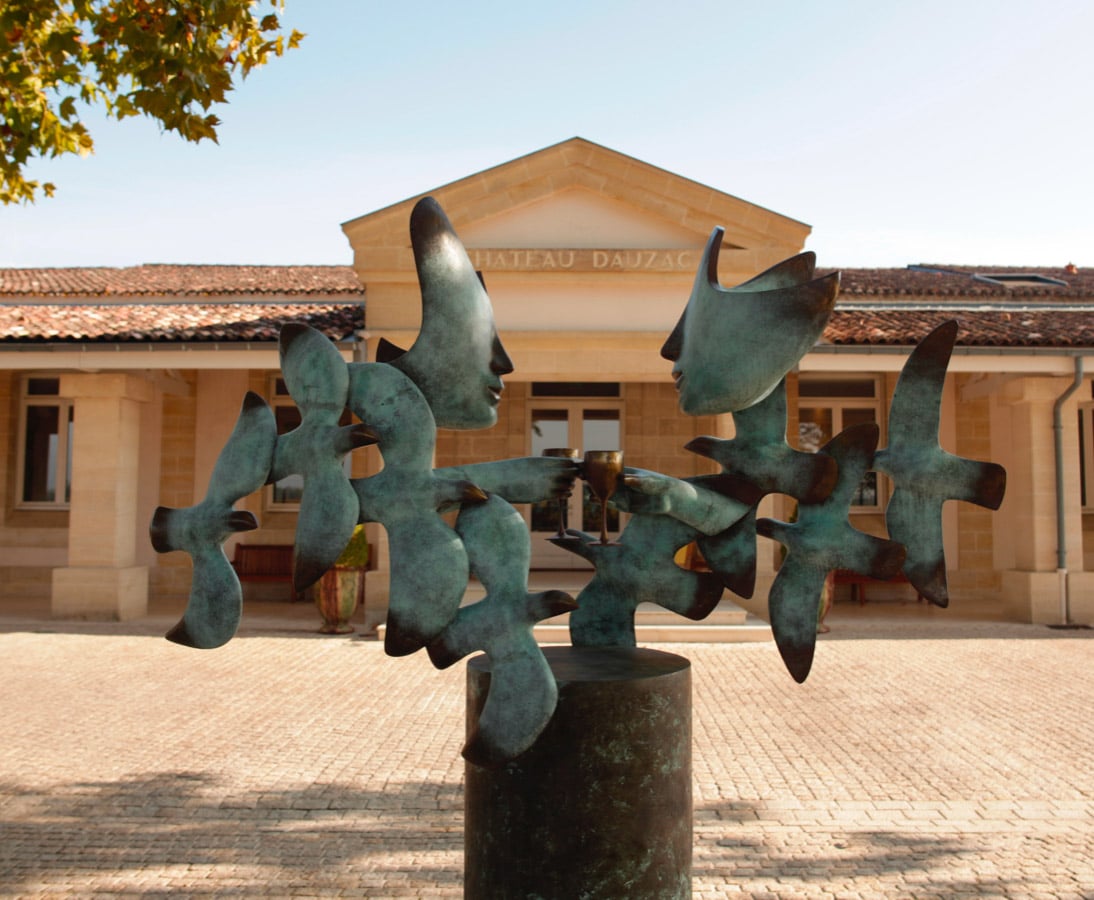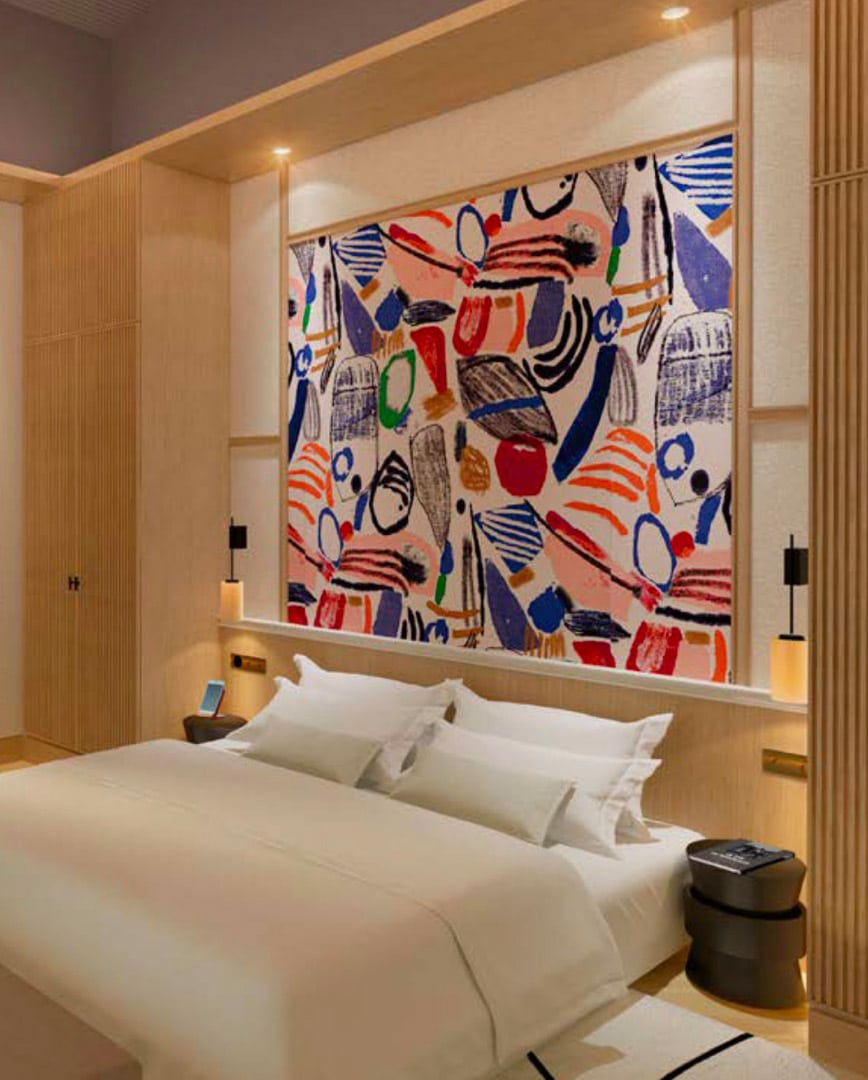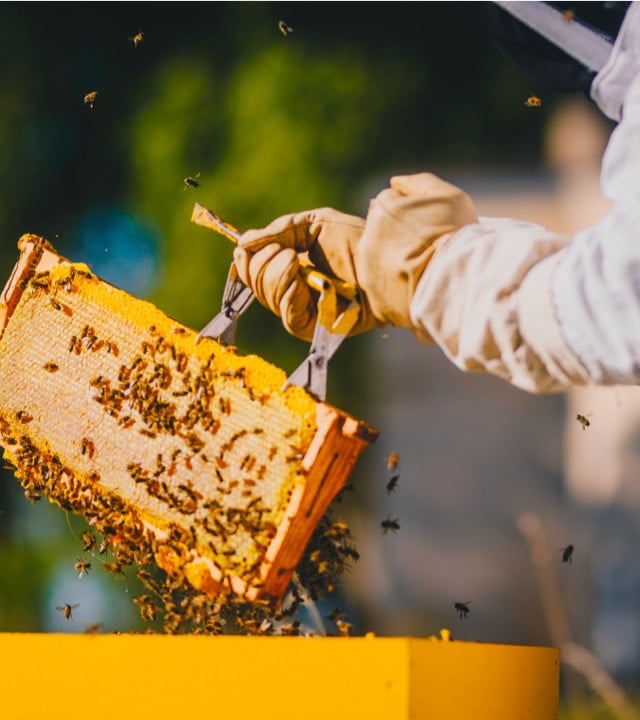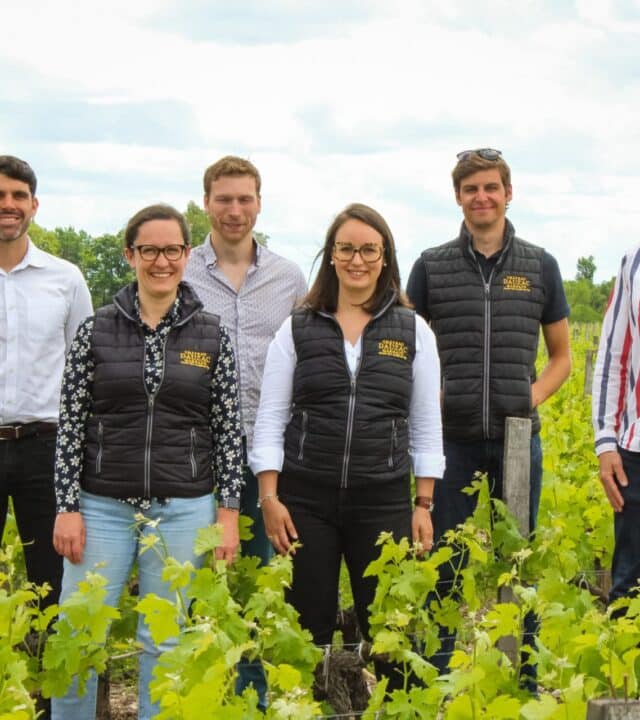
Innovation
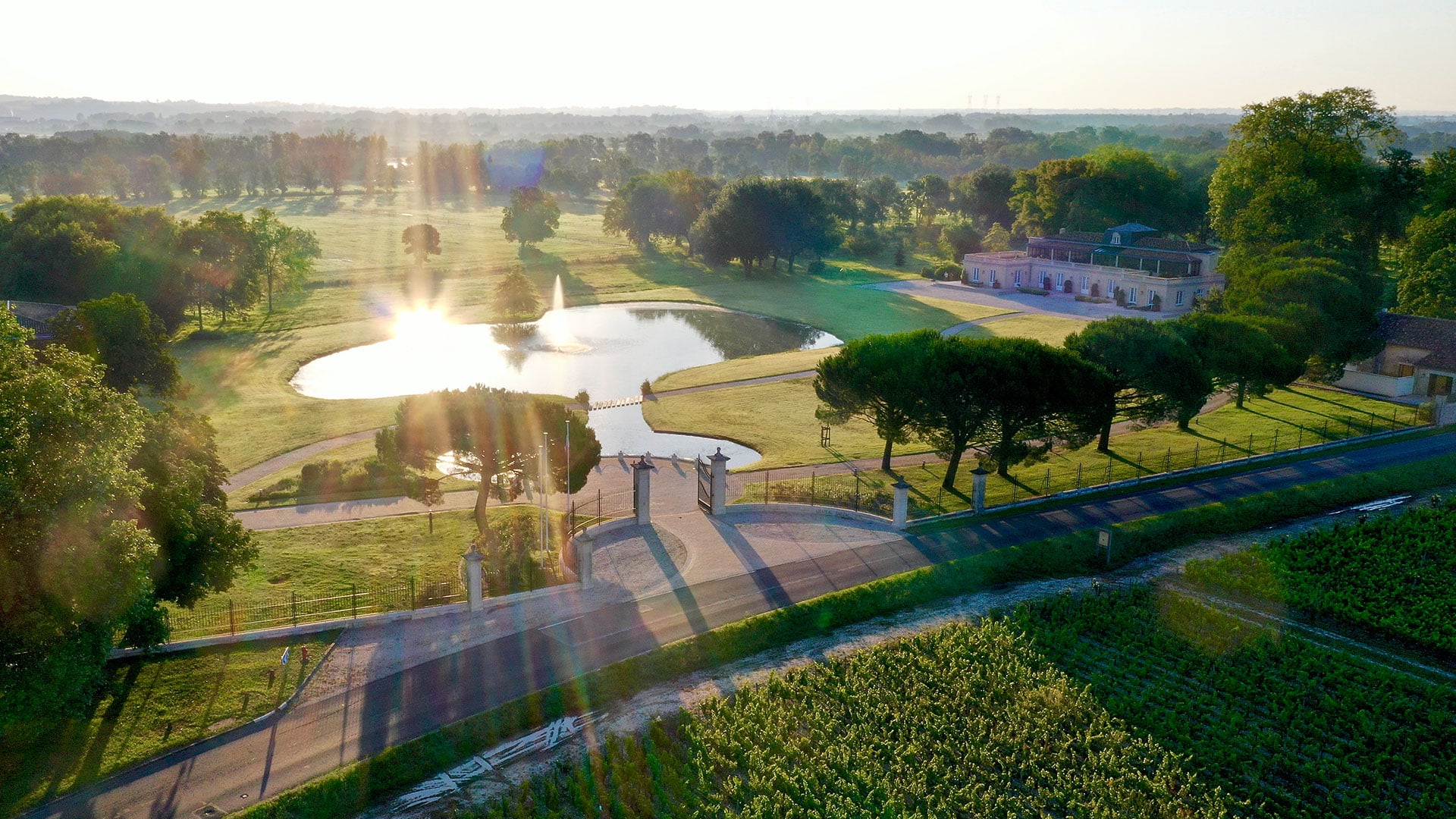
Making to most of an estate’s strength
Château Dauzac’s ambition is very clear: continue to progress among the best Médoc Grands Crus Classés. To achieve this objective, the men and women of Dauzac are drawing on the estate’s very DNA: a deep-rooted respect for tradition and innovation, all the while making the most of the estate’s strength – its biodiversity, which is a valuable resource for the quality of the wine it produces. To showcase this DNA, Château Dauzac has had a distinctive emperor yellow label since 1924, a symbol of light and sensory experiences.
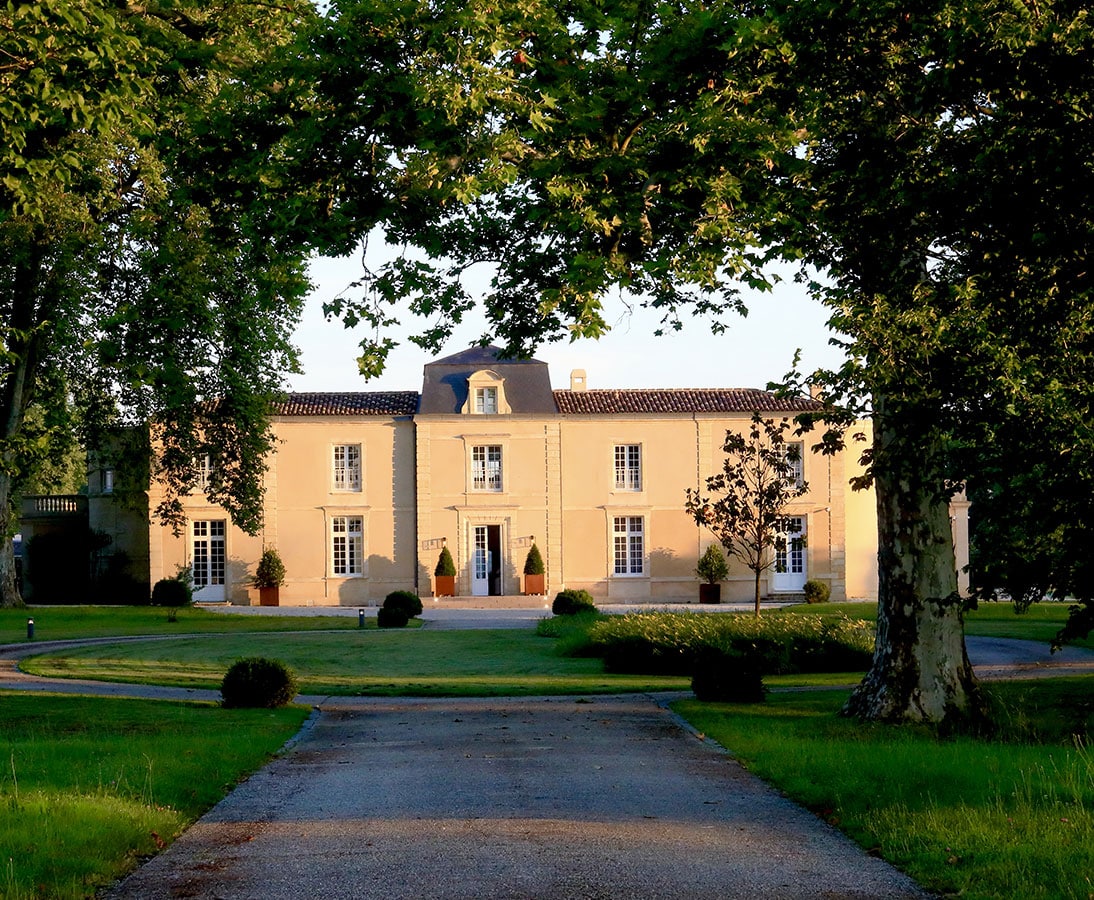 THE HISTORY OF CHÂTEAU DAUZAC
THE HISTORY OF CHÂTEAU DAUZAC
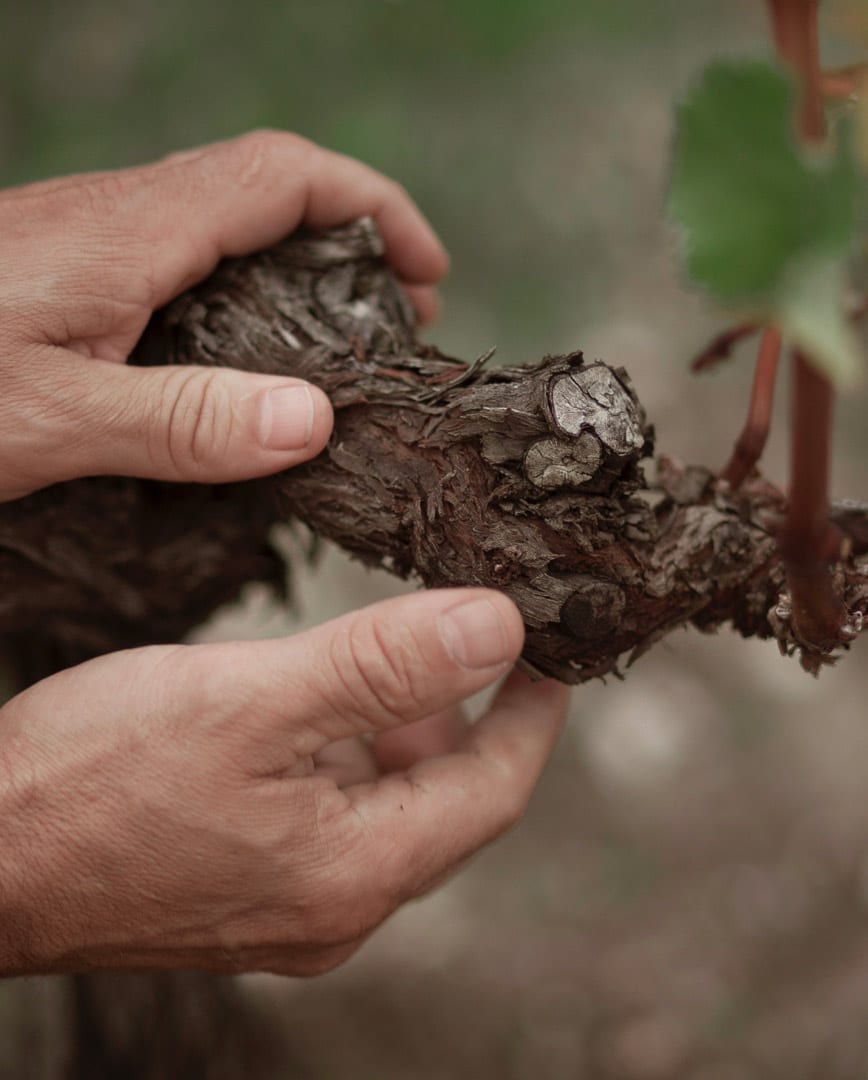 KNOW-HOW
KNOW-HOW
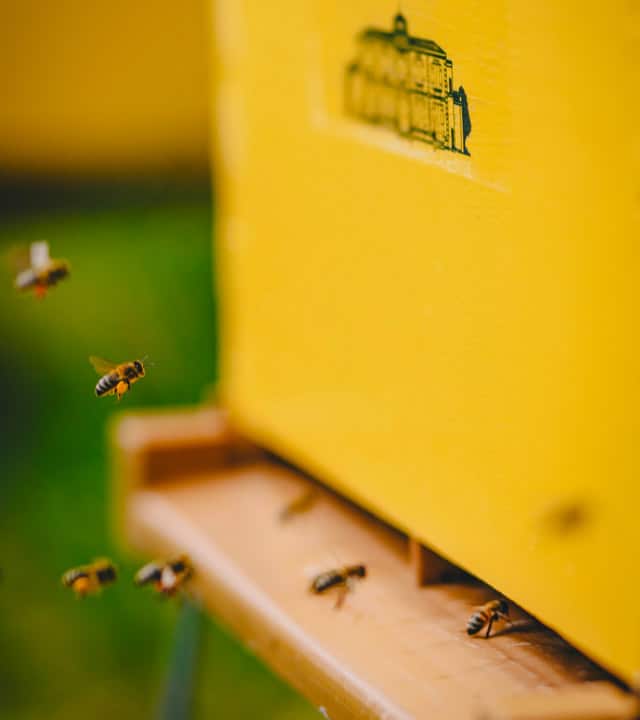
wake up to Château Dauzac
Château Dauzac opens its doors to you to discover the magic that happens on its estate – historical facts, fun tours, sensory experiences and a feast for the taste buds.
